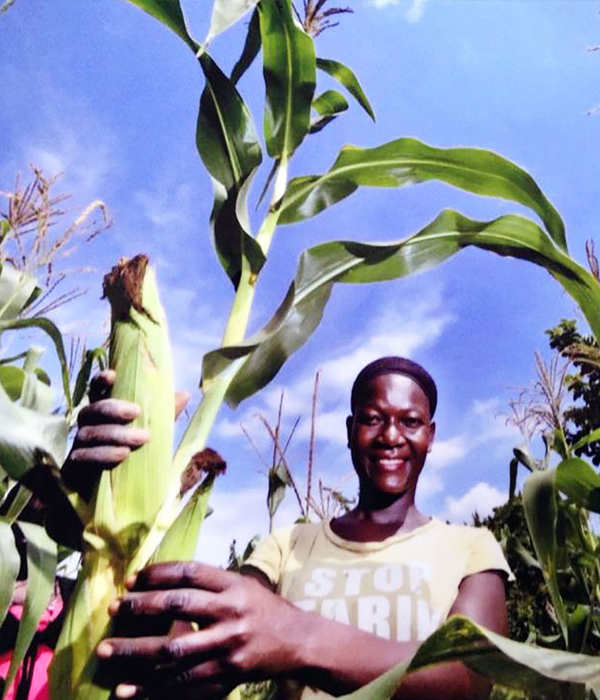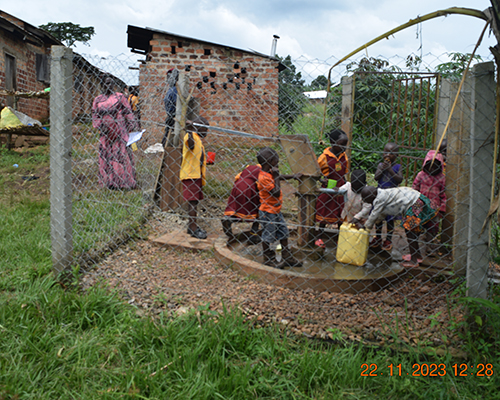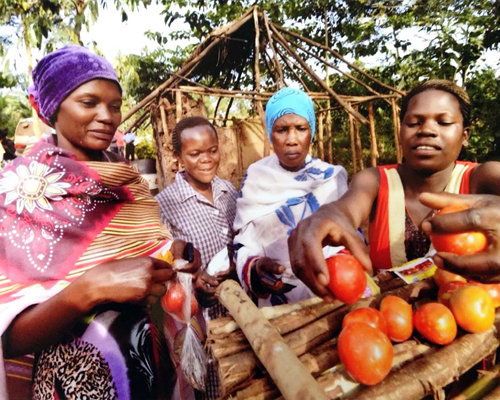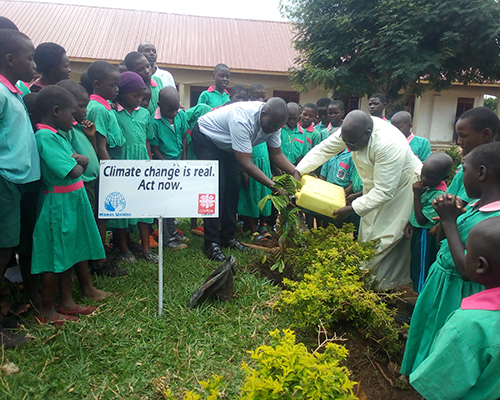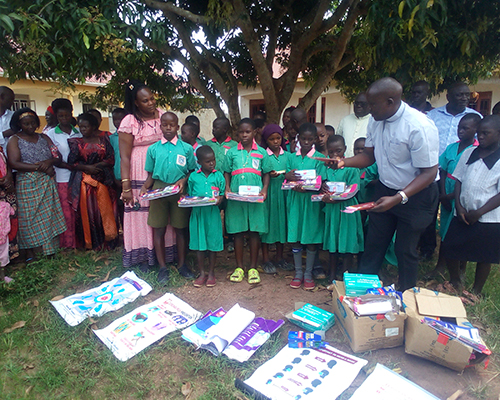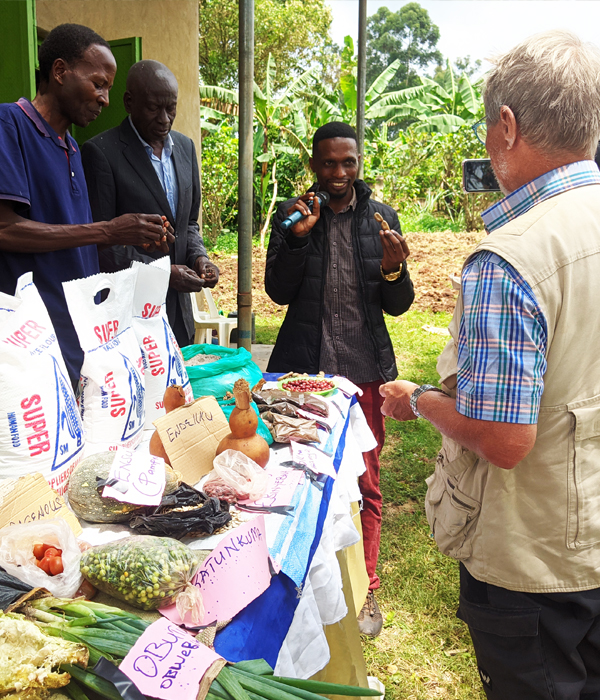
ABOUT
Sustainable Agri Promotion for Women Empowerment Project
With the support received from caritas Italian through Caritas Uganda, Caritas Lugazi diocese empowered 15 women households between 18-50 years i.e., 8 farmers between 18 to 35 years and 7 farmers between 36 to 50 years in Buvuma islands, Kitamiro sub parish, central Uganda with the goal of improving their livelihoods through increased volume of production with sufficient food, resilience to climate change and incomes. Female farmers have been empowered with knowledge, capacities and inputs to undertake sustainable agriculture, formed Female farmers groups have been empowered to implement their activities according to their priorities i.e., SILC facility established and strengthened, leadership committees were functional, group meetings were held regularly and we shall report on the progress. This report also illustrates the progress of the implemented activities in the period of three months, achievements, challenges encountered during project implementation.
The project has 3 staff who are acting as volunteers with neither salary nor allowances; Project Coordinator, Accountant and Project Field Officer
Achievements
15 active female farmers (8 between 18 to 35 years, 7 between 36 to 50 years) organized into agribusiness group in Kitamiro sub county of Buvuma district.
70% of the farmers’ actively participating in sustainable agriculture.
Team work spirit among female farmers and self-sacrifice portrayed when implementing the group activities was an achievement which is good for any project implementation.
Female farmers are now taking farming as a business, individuals have prioritized their enterprises and farms are being enlarged.
Saving and internal lending schemes (SILC) established among farmers famers groups
60% of farmer households have improved their hygiene and sanitation
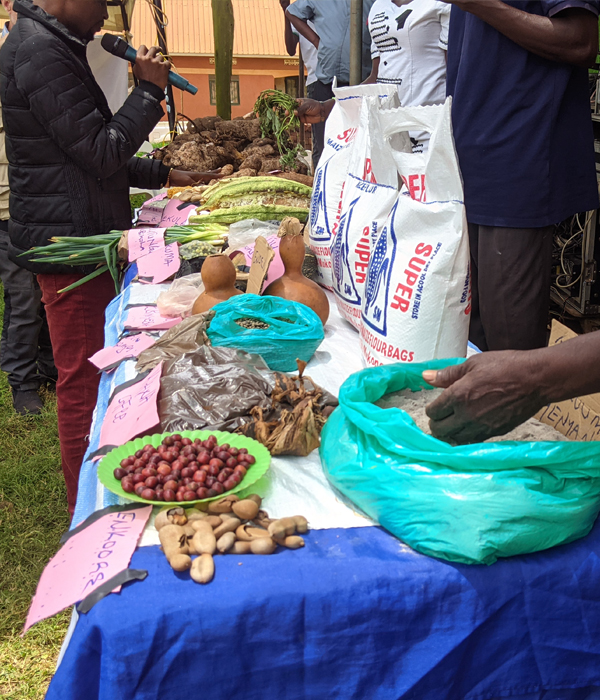
Challenges
Challenging situation or event vs Impact of challenge on project
The fluctuation of prices mainly on animal feeds caused challenges on the pass-on animal scheme and fuel made the implementation process hard.
This affected the qualities of the items to be purchased but we shall spend with in the budget line.
Crop Pest and disease for cassava and maize crop enterprise.
This affected some youth famer multiplier gardens
Changing seasons resulted into prolonged dry seasons.
Affected famer crop yields
The fluctuation of prices of animal feeds poses a big challenge to the pass-on scheme
This affected mainly women farmers in piggery pass on schemes
